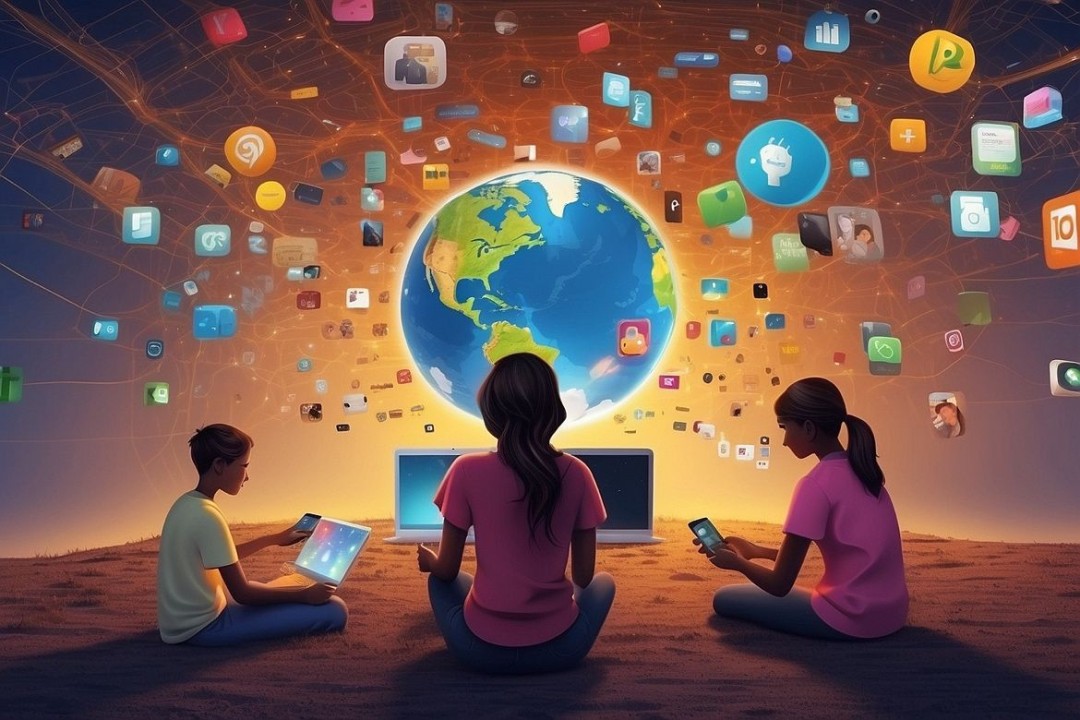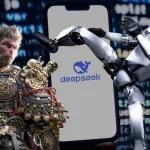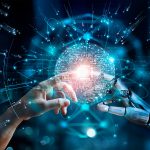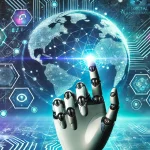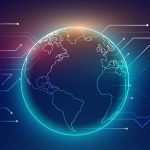Introduction
The rise of digital technology has transformed not only how we communicate but also how influence and power are distributed. Social media platforms have evolved into arenas where politics, entertainment, and activism merge seamlessly.
From Twitter to TikTok, these digital spaces allow celebrities to become political voices, politicians to act like influencers, and ordinary citizens to shape conversations once controlled by traditional media.
The Merging of Celebrity and Political Power
In the modern age, fame and influence have become tools of governance. Politicians use entertainment-style branding to connect with voters, while celebrities use their platforms to advocate for global causes.
This merging of celebrity and politics has blurred the lines between public service and public performance. The result is a new kind of leadership shaped not just by policy but by charisma and connectivity.
Social Media as a Tool for Global Change
Social media has democratized influence, giving individuals the power to challenge narratives and demand accountability. Movements like #MeToo and #BlackLivesMatter gained traction because digital communities amplified their voices.
The same tools that fuel activism, however, also spread misinformation and division. The challenge now lies in ensuring that social media remains a tool for truth rather than manipulation.
Technology Companies and the Power of Algorithms
Behind every viral post and trending hashtag lies an algorithm designed by tech companies. These algorithms decide what the world sees, hears, and believes, effectively shaping public opinion.
While platforms like Meta and X (formerly Twitter) claim neutrality, their designs influence elections, social movements, and international discourse. This silent power raises critical ethical and political questions about control and responsibility.
The Rise of AI-Driven Influence
Artificial Intelligence has begun transforming how messages are crafted and delivered. Politicians and brands now use AI to personalize outreach, analyze sentiment, and predict behavior.
But this precision targeting also creates echo chambers, where people are shown only what aligns with their beliefs. As AI grows more powerful, the balance between engagement and manipulation becomes increasingly delicate.
Global Celebrities as Agents of Awareness
Global icons like Taylor Swift, Leonardo DiCaprio, and BTS have turned their fame into platforms for activism. They speak on issues ranging from climate change to women’s rights, influencing millions with a single post.
Their reach transcends borders, making them global ambassadors of awareness. This power demonstrates how celebrity activism can complement political diplomacy in shaping public understanding.
The Business of Digital Influence
Digital influence has become an industry worth billions. Corporations collaborate with celebrities and content creators to promote products, political ideas, and even social movements.
However, the commercialization of influence often blurs ethical boundaries. The line between authentic advocacy and sponsored messaging is increasingly difficult to distinguish, leaving audiences unsure of what’s genuine.
The Role of Global Audiences
Audiences today are not passive consumers—they are active participants in shaping global conversations. A viral clip, a retweet, or a hashtag can shift public perception overnight.
This interactive dynamic empowers the public but also magnifies the impact of misinformation. In this digital democracy, awareness and critical thinking are the new defenses against manipulation.
FAQs
How has social media changed political communication?
It allows leaders to engage directly with citizens, bypassing traditional media filters and controlling their own narratives.
Why are celebrities so influential in global issues?
Their platforms reach millions, enabling them to amplify causes and influence political and social debates.
What role do algorithms play in shaping opinion?
Algorithms prioritize content based on engagement, often reinforcing existing beliefs and limiting exposure to diverse perspectives.
Can AI make digital influence more ethical?
If regulated properly, AI can promote transparency and reduce bias—but without oversight, it risks deepening manipulation.
Is online activism as effective as real-world action?
Online activism raises awareness quickly, but long-term change still depends on policy reform and sustained public engagement.
Conclusion
The fusion of technology, celebrity, and politics has created a new global ecosystem of influence. Social media connects the world but also challenges truth, transparency, and trust.
As digital power continues to shape public opinion, the responsibility for ethical influence falls not only on leaders and celebrities but on every connected individual. In this new era, awareness, accountability, and authenticity will define who truly holds power in the digital age.

